Obesity, type 2 diabetes and a cluster of risk factors all linked to poor diet is the root cause behind increased death rates from coronavirus.
- Obesity, type 2 diabetes and metabolic syndrome associated with an up to 10-fold increase risk in death from COVID-19
- Ultra-processed food which makes up half of British diet blamed as primary culprit
- Only 1 in 8 adults are metabolically healthy
- Dietary changes can rapidly reduce risk of health complications and can potentially send type 2 diabetes into remission within weeks.
- International experts in medicine, dietetics and nutrition call for immediate update on public health messaging to eat whole nutritious food to rapidly reduce risk of COVID-19 complications and potentially save hundreds and thousands of lives.
Obesity, type 2 diabetes and a cluster of risk factors all linked to poor diet is the root cause behind increased mortality from COVID -19.
An article in European Scientist entitled “Covid 19 and the elephant in the room” by Dr. Aseem Malhotra, NHS Consultant Cardiologist and Professor of Evidence Based Medicine, calls on public health messaging to be urgently updated in the light of COVID -19 to ensure people are eating nutritious whole foods in an attempt to reduce risk and subsequent death rates from the virus.
Drawing on UK data Dr. Malhotra notes that 72.7% of patients admitted to ICU are overweight or obese and that those with the related metabolic syndrome have a tenfold increase in mortality from the virus. Referring to US data where obesity levels are similar to the UK, Dr. Malhotra notes that only 1 in 8 people are metabolically healthy including less than 1 in 3 of “normal” weight.
Brits during lockdown are stocking up on ready made meals. Dr. Malhotra says “Urgent changes must be made nationally to rapidly change public health outcomes.”
Dr. Malhotra, who has long campaigned against sugary and ultra-processed foods, says his findings are backed up by leading doctors and nutritionists and that data coming in from every country affected by the Covid-19 outbreak can no longer be ignored. He continues: “Looking at all the data, it is irrefutable that metabolic disease is the leading cause of mortality from Covid-19. This covers much of what we are already being told, that outcomes for patients suffering from type 2 diabetes, heart disease and high blood pressure are far worse than in otherwise healthy adults. What is not being spelled out is that poor diet and obesity is behind this.”
Dr. Malhotra says that key changes to the way we eat can have significant effects within weeks, reducing blood pressure and even reversing type 2 diabetes: “By immediately cutting out sugar and ultra-processed food and preparing fresh meals, the impact on health can be seen in just a matter of weeks. We have been far too cautious in the UK in terms of rolling out a massive public health campaign to get people to eat properly when we have known for over a decade that obesity-related illness is the biggest factor behind poor health and hospital admissions in the UK.”
Dr. Malhotra continues: “Now we find ourselves in a public health crisis brought on by Covid-19, and can see clearly obesity and diet related disease is behind a significant increase in the risk of hospitalization and death. With people at home catering for themselves every single night while this virus rampages through the country, the message is not just clear enough. The general public need to be told immediately by official sources to cut out sugar, refined carbohydrates and junk food and switch to a whole food diet abundant in vegetables, fruits, nuts, seeds, dairy and plenty of protein from pulses, fish, meat, and eggs, to improve their health within weeks to help protect themselves in case they contract the novel coronavirus.”
In the European Scientist article “Covid 19 and the elephant in the room,” Dr. Malhotra states: “Given the speed at which health markers for metabolic disease improve from dietary interventions, an equally strong if not more significant population health message should now be to “eat real food, protect the NHS and save lives. Such implementation backed by policy changes may not just save hundreds and potentially thousands of lives around the world in the coming months but given the high likelihood of another international viral pandemic in the next decade a healthier population and a subsequently more manageable health service will be much better equipped to handle what would then be a smaller mortality peak on the next occasion. Hopefully if and when that occurs a lockdown will not be required.
Experts Comment
“Obesity and poor diet is emerging as one of the biggest risk factors for a severe response to Covid-19 infection that can no longer be ignored.”
– Tim Spector, Professor of genetic epidemiology, King’s College, London and author of the Diet Myth.
“I’ve heard COVID-19 referred to a beast, because it doesn’t distinguish. In point of fact, it doesn’t distinguish who it infects. But it does distinguish who it kills. Other than the elderly, it’s those who are Black, obese, and/or have pre-existing conditions. What distinguished these three demographics? Ultra- Processed food. Because ultra -processed food sets you up for inflammation, which COVID-19 is happy to exploit. Just another way processed food kills. Time to rethink your menu.”
– Dr. Robert Lustig, Professor emeritus of Pediatrics, Division of Endocrinology at the University of California, San Francisco (UCSF)
“In my opinion, Aseem Malhotra again conveys a powerful and important message, not only in the context of the current health crisis, but for the benefit of general (public) health as well. Avoiding junk and eating whole nutritious food is fundamental to reversing the staggering prevalence of chronic metabolic disease, and there’s no better time to start than now.”
– Hanno Pijl, Professor of Diabetes at the University of Leiden, The Netherlands.
“Dr. Aseem Malhotra sheds light on the real elephant in the room with COVID-19 and that is the people who are most susceptible to this virus, besides the elderly, are those individuals who are overweight or obese. Not only does being overweight increase the risk of dying from viruses but it also increases the risk of heart disease. He should be applauded for bringing this topic to light and the healthcare system should take notice of this important point of view. The evidence clearly reveals dietary changes rapidly improve health markers of those most at risk of COVID-19. We must help and empower people to make those changes as a matter of urgency.”
– Dr. James DiNicolantonio, Cardiovascular research scientist, St Luke’s Mid-America Heart Institute
“Scientific literature regularly reports on hypertension, cardiovascular disease and diabetes as risk factors for worse outcomes in COVID-19. The prevalence and seriousness of poor metabolic health in COVID-19 is an important public health message. But this is not for scare-mongering. Dietary change with reduction in ultra-processed foods, sugar and refined carbohydrates can lead to a rapid improvement in metabolic health and weight loss. People need awareness, knowledge and support to make choices that are best for their health. This article is important for raising awareness and knowledge. We must all rise to the challenge to provide support to the nation, and take the necessary actions, to improve metabolic health and reduce the lethality of COVID-19.”
– Dr. Campbell Murdoch, GP (Special Interest in Metabolic Health), NHS England Sustainable Improvement Team – Clinical Adviser, Royal College of General Practitioners – Clinical Adviser and Entrepreneur
“COVID19 has brought the world to a standstill like no other phenomenon since WWII. And whilst much of the hype has been about morbidity and mortality figures and managing the pandemic by social measures, it is an inescapable fact that some individuals have been more susceptible to the disease than other because of their inherent risks from overt or covert medical problems. It was not until Dr Aseem Malhotra, renowned cardiologist, drew my attention to risks from obesity and diet related disease that I have become aware that this is a major predisposing factor in the majority of individuals, especially those from BAME backgrounds struck by the virus. Let’s not wait till the next pandemic to implement his advice. Let’s do it now.” – Dr. JS Bamrah CBE, FRCPsych; Consultant Psychiatrist, GMMH; Hon Reader, University of Manchester and Chairman of British Association of Physicians of Indian Origin
“The best we can do to prevent getting COVID-19 or to reduce its virulence if you do get it is to have a strong immune system and good metabolic health. To achieve both of these, it’s critical to eat whole unprocessed foods that promote a stable blood sugar – of course alongside other lifestyle behaviours such as getting enough sleep, sunshine (where possible),regular exercise, engaging with friends and family (easily done on-line) and managing stress. The problem is, in high stress-times, when it comes to food, many turn to highly processed, packaged food for comfort. Now is the worst possible time for such choices. As the government is trying new things some mere endorsement of eating healthy wholefood from our leaders should be mandatory. It always matters to look after your weight, and your metabolic health, but now’s likely the most important time ever to do this”.
– Caryn Zinn, PhD, Senior Lecturer & Dietitian, AUT University, Head of Research – School of Sport & Recreation
“The beauty of this is that making meaningful change to your diet is actually quite easy, and in many cases, can actually save you money as well. Start to build your diet around lean proteins, healthy fats, plenty of fibre, and non starchy vegetables. Think vegetable and goats cheese omelette for breakfast. A good dense salad with a few mixed beans, a few nuts, maybe some cooked meats or tofu for lunch Chicken and vegetable curry with spiced greens or baked salmon and roasted Brussels sprouts for dinners. Delicious food, easy to prepare, and in most cases far cheaper than many packaged foods. When you eat like this you are creating meals that support so many aspects of metabolic health. They keep blood sugar stable, reduce inflammatory load, cut out the array of pro-inflammatory fatty acids found in processed foods, and have a far superior nutritional density. The other sad irony here is that in many of our supermarkets these foods, that so effectively support our health, are there in abundance and even going to waste, as the nation stockpiles pasta.”
– Dale Pinnock BSc (Hons), PgDip Nutritional Medicine, Nutritionist and Author
“Associations between our health status and the extent to which COVID-19 is likely to affect us are becoming increasingly apparent. We are now well aware of the increased risk of death to those carrying excess weight. There has been the tendency to tiptoe around the issue of obesity, with clinicians hesitant to point it out to their patients for fear of repercussion and accusations of ‘fat shaming’. While this is without doubt a very sensitive subject which must be handled with care, the current pandemic highlights the very real fact that overlooking the seriousness of excess weight is costing lives. Black, Asian and minority ethnic people are not only more likely to die from COVID-19, this darker-skinned demographic are also known to be at higher risk of vitamin D deficiency, known to play an important role in immunity. The good news is that with positive changes to our nutrition, improvements can come rapidly. On the right diet, body fat can reduce quickly and healthily. Daily exercise, particularly in daylight and surrounded by nature, can have profound effects on our mental wellbeing, as well as physical. Cultivating mindfulness through practices like meditation and conscious eating can help us become aware of our non-hunger drivers for eating and implement strategies to fulfil those needs more effectively. All of these practices not only have the potential to dramatically improve our physical and mental health, they could mean the difference between life and death.”
– Kimmy Pearson, Harley Street and BANT Registered Nutritionist
NOTES
Ultra-Processed Foods
Ultra-Processed are packaged food usually of five or more ingredients with additives and preservatives which are energy-dense, high in unhealthy types of fat, refined starches, free sugars and salt, and poor sources of protein, dietary fibre and micronutrients. Ultra-processed products are made to be hyper-palatable and attractive, with long shelf-life, and able to be consumed anywhere, any time. Their formulation, presentation and marketing often promote overconsumption. Studies based on the international NOVA classification show that ultra-processed products now dominate the food supplies of various high-income countries and are increasingly pervasive in lower-middle- and upper-middle-income countries. The evidence so far shows that displacement of minimally processed foods and freshly prepared dishes and meals by ultra-processed products is associated with unhealthy dietary nutrient profiles and several diet-related non-communicable diseases. Ultra-processed products are also troublesome from social, cultural, economic, political and environmental points of view.
Metabolic Health
Good metabolic health is defined by having optimal levels of
- Waist circumference ( <102/88 cm for men/women)
- Blood pressure < 120 mmHg systolic and diastolic < 80 mmHg
- Hemoglobin A1C < 5.7%
- Triglycerides < 1.7 mmol/L
- HDL cholesterol > 1 mmol/L and not being on any medication
Metabolic syndrome which is associated with the highest risk of health complications from COVID -19 is having three or more of the above risk factors
For additional information, please contact Dr. Aseem Malhotra.
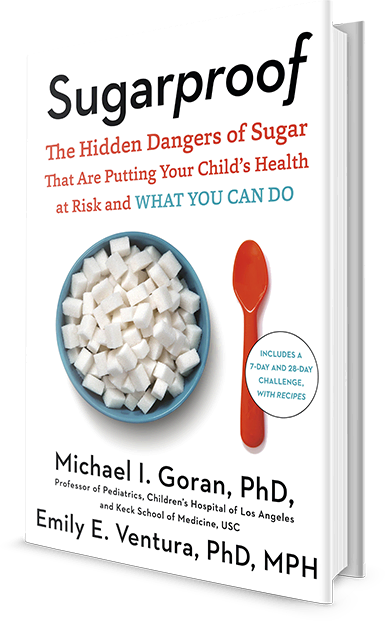



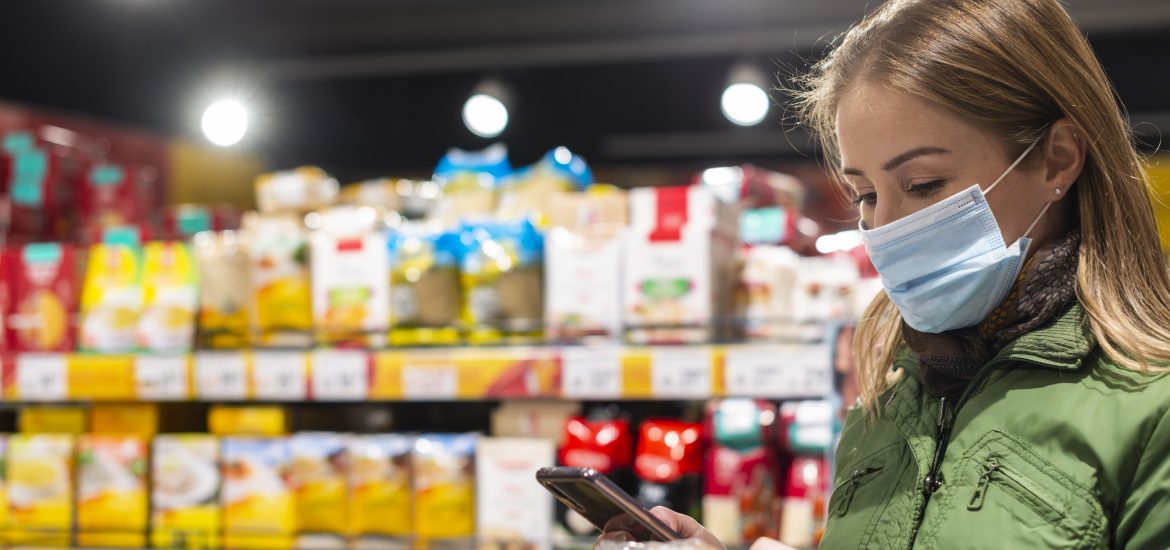
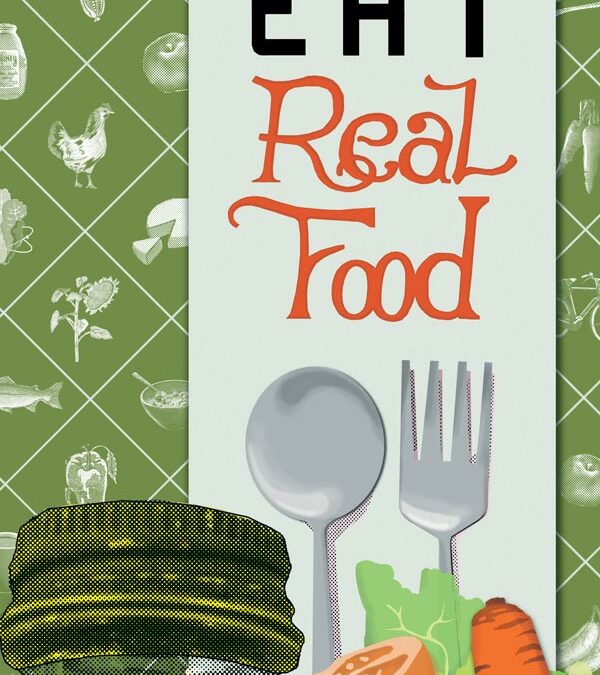
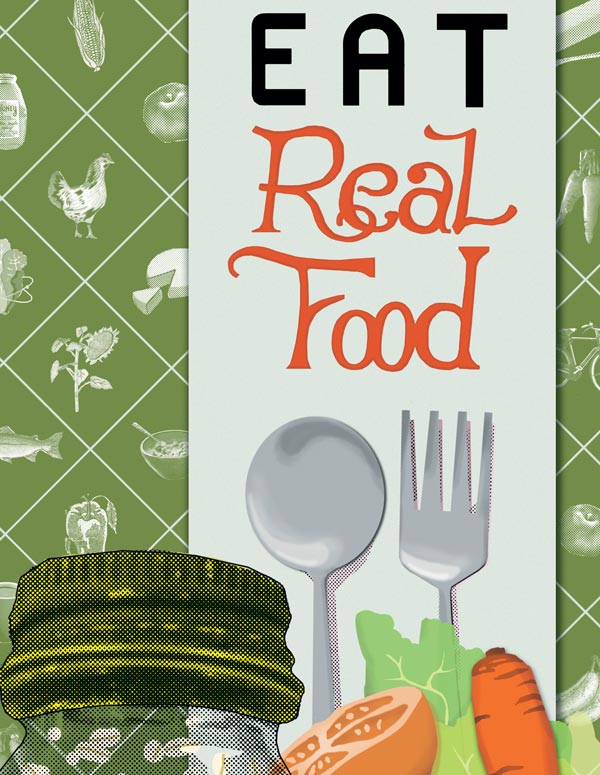
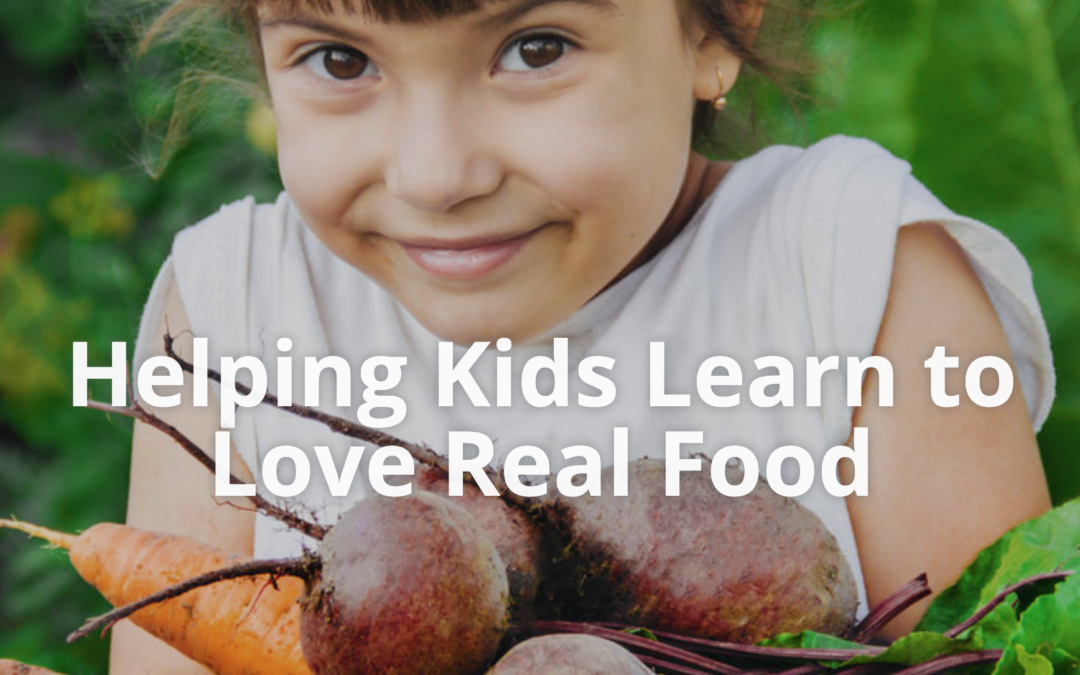



Recent Comments